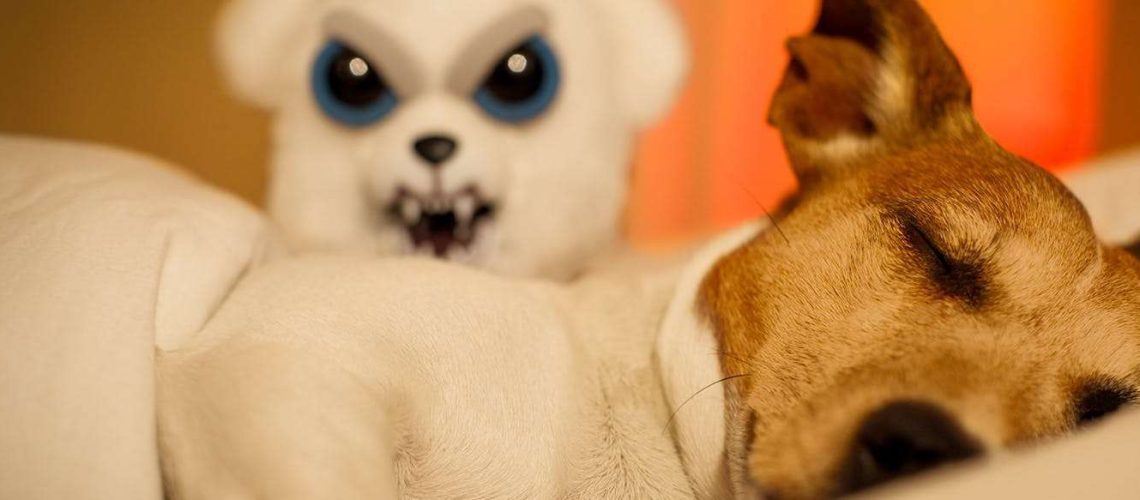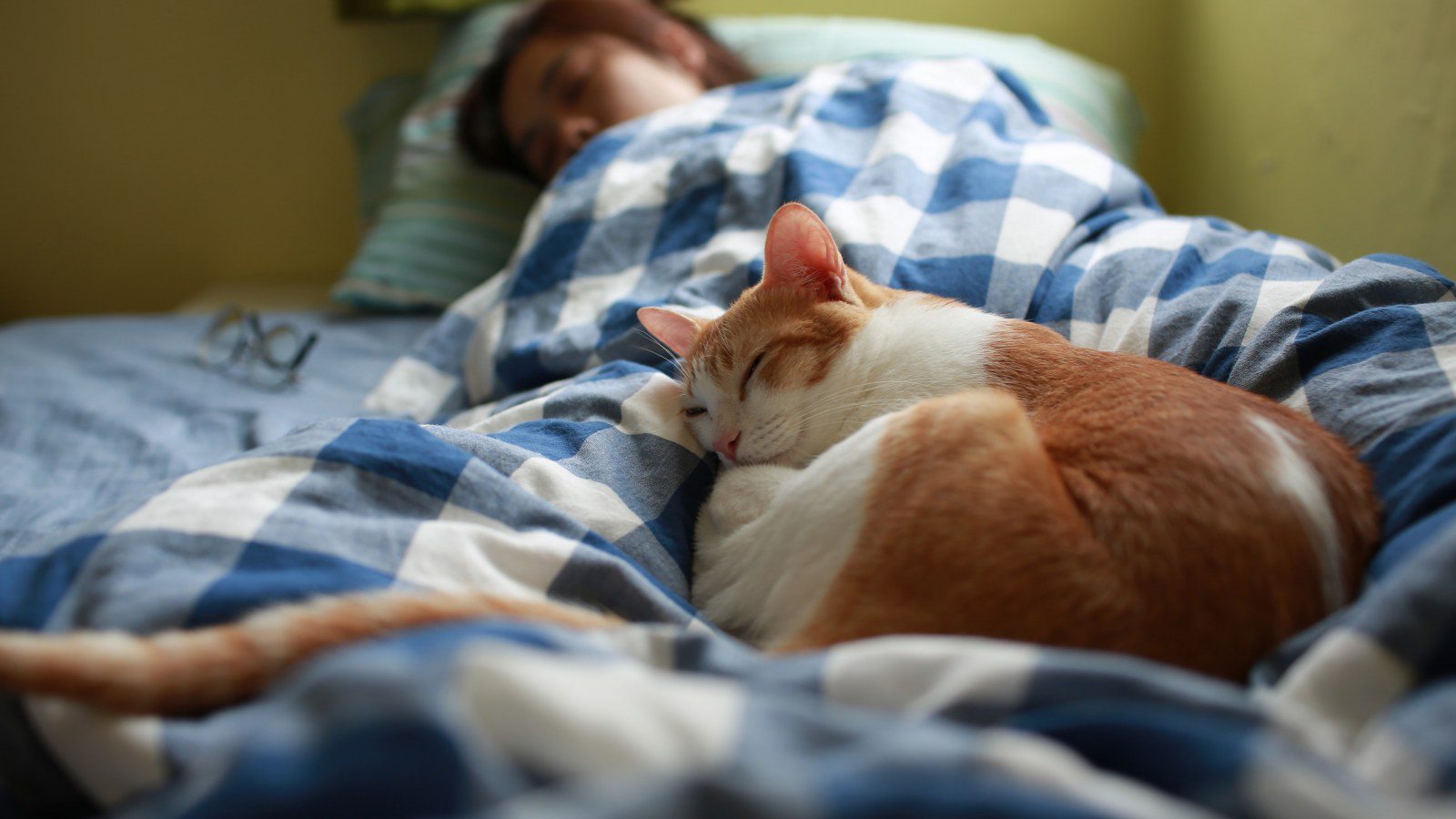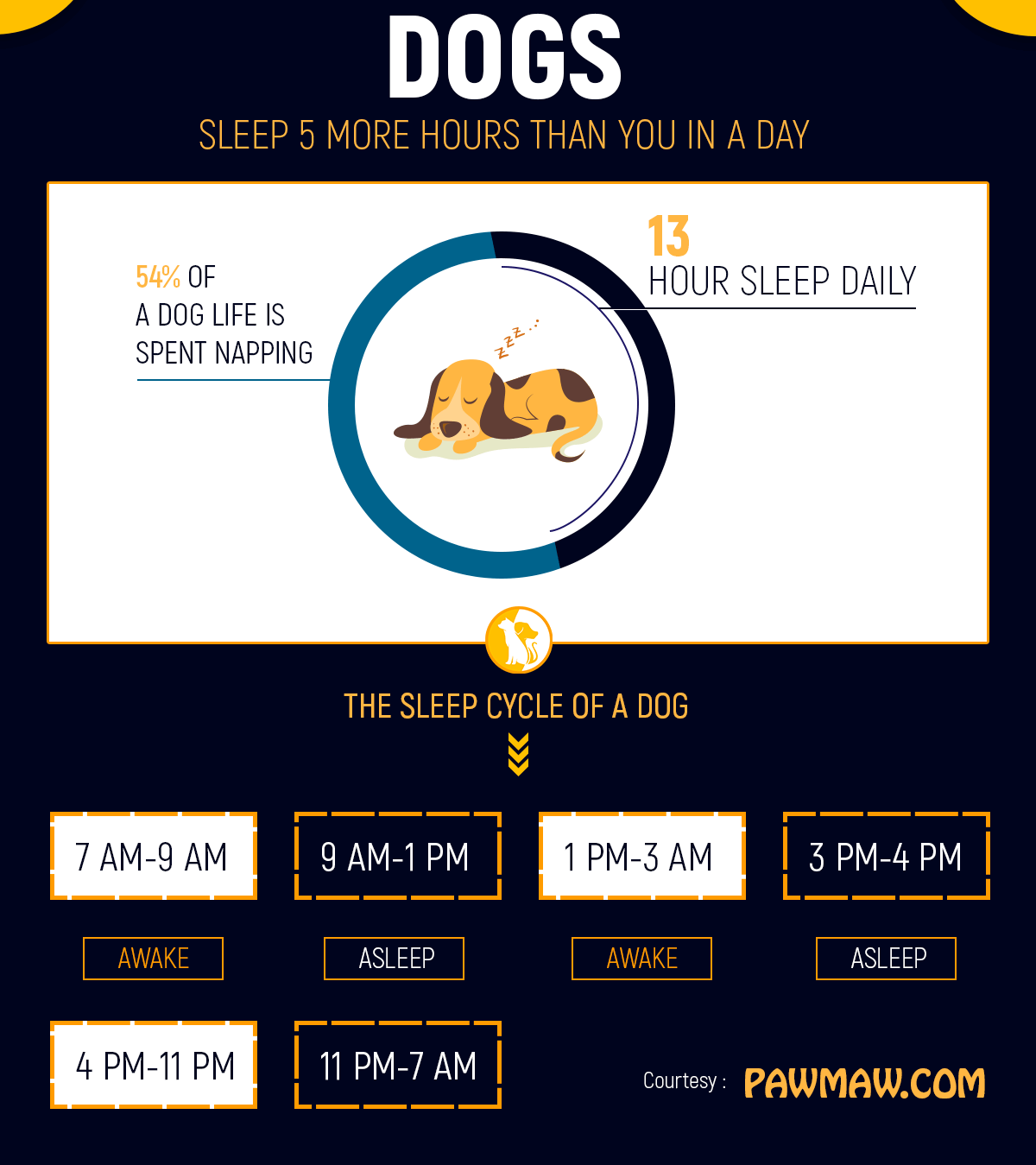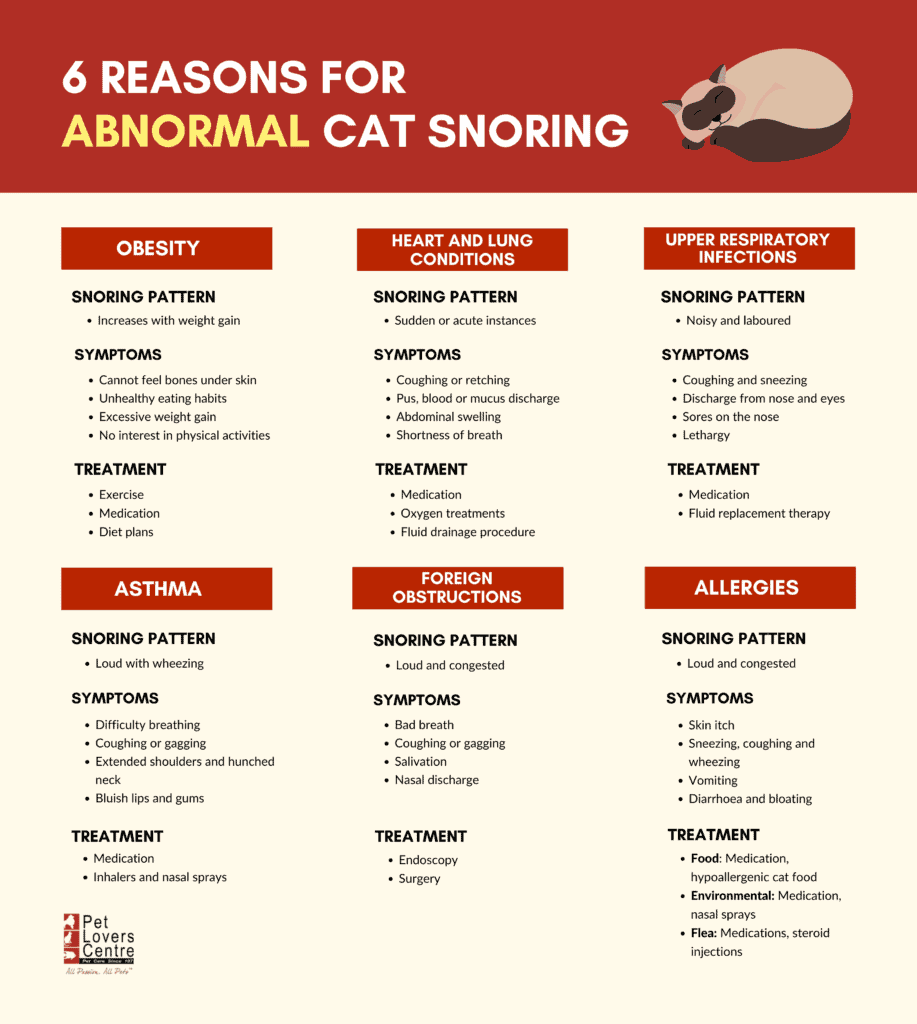Key Takeaways:
- Dogs can indeed have nightmares, just like humans.
- Nightmares in dogs are often caused by stress, anxiety, or past traumatic experiences.
- Signs of a dog having a nightmare may include whimpering, growling, or twitching while asleep.
- Providing a safe and comfortable sleeping environment can help reduce the occurrence of nightmares in dogs.
- If a dog frequently experiences nightmares or shows signs of distress during sleep, it is recommended to consult with a veterinarian for further evaluation and potential treatment options.
Have you ever wondered if dogs can have nightmares? It's a fascinating question that not only piques our curiosity but also helps us understand our furry friends on a deeper level. Exploring this topic can provide valuable insights into the emotional lives of dogs and enhance our bond with them. Understanding whether or not dogs can experience nightmares is essential for their overall well-being and happiness. So, let's delve into this intriguing subject and uncover the secrets of our canine companions' dreams. Get ready to be amazed by what we discover!
What are nightmares and can dogs have them?
Nightmares: A Frightening Dream
Nightmares are scary and vivid dreams that can leave a person feeling frightened or upset upon waking up. They often involve intense emotions, such as fear, anxiety, or sadness. Nightmares can be caused by various factors, including stress, trauma, or certain medications.
Dogs and Nightmares
Just like humans, dogs can also experience nightmares. Dogs have complex brains that allow them to dream during their sleep. Studies have shown that dogs go through similar sleep cycles as humans, including the rapid eye movement (REM) stage where dreams occur. During this stage, a dog's brain becomes highly active, leading to dreaming.
While it is difficult to know exactly what dogs dream about, their actions during sleep suggest that they may be reliving experiences from their daily lives. Dogs may dream about chasing squirrels in the park or playing with their favorite toys. However, just like humans, dogs can also have nightmares that evoke negative emotions.
So yes, dogs can indeed have nightmares!
How can we tell if a dog is having a nightmare?
Understanding dog behavior during sleep
During sleep, dogs may exhibit various behaviors that can help us determine if they are having a nightmare. One common sign is when their legs start twitching or paddling rapidly. This suggests that they are actively dreaming and possibly experiencing a nightmare. Additionally, you may notice their eyes moving rapidly behind closed eyelids, which indicates the occurrence of vivid dreams. Some dogs may also whimper, growl, or even bark in their sleep, further suggesting the presence of a nightmare.
Observing physical reactions
Apart from behavioral cues, there are physical signs that can indicate if a dog is having a nightmare. Dogs experiencing nightmares may have an increased heart rate and breathing pattern while asleep. You might also notice them sweating through their paws or body as they become anxious or fearful during the dream. These physiological responses provide valuable insights into their dream state and help us identify if they are indeed having a nightmare.
Tips:
- Pay attention to your dog's behavior and movements during sleep.
- Note any rapid leg twitching, eye movement, whimpering, growling, or barking.
- Observe changes in heart rate, breathing pattern, and sweating during sleep.
Can nightmares affect a dog's behavior during the day?
Nightmares can indeed impact a dog's behavior during the day. Just like humans who wake up feeling unsettled after a bad dream, dogs may experience similar emotions upon waking from a nightmare. This can lead to changes in their overall mood and behavior throughout the day.
Emotional effects
After experiencing a nightmare, dogs may feel anxious, fearful, or stressed even after waking up. They might display clingy behavior towards their owners or exhibit signs of restlessness. Some dogs may become more cautious, avoiding certain places or objects that were part of their dream. These emotional effects can persist for hours or even the entire day, affecting their interactions with other animals and humans.
Physical effects
Nightmares can also have physical effects on dogs during the day. The stress and anxiety caused by a nightmare can lead to decreased appetite, lethargy, or excessive panting. Dogs may also be more prone to accidents or exhibit signs of aggression due to heightened sensitivity and fearfulness. It's important to provide them with a calm and supportive environment to help alleviate these effects.
Tips:
- Be patient and understanding if your dog seems anxious or fearful after waking up from a nightmare.
- Create a peaceful environment with familiar surroundings to help them feel secure.
- Offer comforting activities such as gentle playtime or soothing massages.
What could cause a dog to have nightmares?
There are several factors that could contribute to dogs having nightmares. Understanding these potential causes can help us identify triggers and take appropriate measures to prevent or reduce the occurrence of nightmares.
Past traumatic experiences
Dogs who have experienced trauma in their past, such as abuse, neglect, or accidents, are more likely to have nightmares. These distressing memories can resurface during sleep, causing intense emotions and vivid dreams. It is crucial to provide a safe and nurturing environment for these dogs, helping them heal from their past traumas.
Anxiety and stress
Just like humans, dogs can experience anxiety and stress that may manifest in their dreams. Changes in routine, loud noises, separation anxiety, or unfamiliar environments can trigger these negative emotions. By addressing the underlying causes of anxiety and providing proper training and socialization, we can minimize the likelihood of nightmares.
Tips:
- Be aware of your dog's past experiences and provide a supportive environment.
- Identify and address sources of anxiety or stress in your dog's life.
- Seek professional help if necessary, such as consulting a veterinarian or animal behaviorist.
What signs indicate that a dog may have had a nightmare?
Recognizing the signs that indicate a dog has had a nightmare is essential for understanding their well-being and providing appropriate care.
Behavioral cues
Dogs may display certain behaviors after waking up from a nightmare. They might appear disoriented, confused, or startled upon opening their eyes. Some dogs seek immediate comfort and reassurance from their owners, while others may retreat to a safe spot to calm themselves down. Additionally, dogs who have had nightmares may exhibit clingy behavior throughout the day as they seek security and comfort.
Physical indications
Physical signs can also indicate that a dog has had a nightmare. Dogs may pant excessively, drool more than usual, or show signs of increased heart rate and breathing even after waking up. These physical reactions are often associated with heightened anxiety or fear experienced during the dream.
Tips:
- Observe your dog's behavior closely after they wake up from sleep.
- Look for signs of confusion, seeking comfort, or retreating to safe spaces.
- Note any changes in physical indicators like excessive panting or increased heart rate.
Are there ways to prevent or reduce the chances of dogs having nightmares?
While it is not possible to completely eliminate nightmares in dogs, there are measures we can take to minimize their occurrence and provide a more peaceful sleep environment.
Create a calming routine
Establishing a consistent bedtime routine can help reduce anxiety and promote better sleep quality for dogs. Engage them in relaxing activities before bedtime such as gentle play, soothing massages, or calming music. Providing a comfortable and quiet sleeping area away from distractions can also contribute to a more peaceful sleep.
Address underlying anxiety
If your dog experiences frequent nightmares, it is important to address any underlying anxiety or stress they may be facing. Consult with a veterinarian or animal behaviorist to develop a tailored plan that includes training, socialization, and potentially medication if necessary. By addressing the root causes of anxiety, we can help reduce the chances of nightmares.
Tips:
- Establish a consistent bedtime routine that includes calming activities.
- Create a comfortable and distraction-free sleeping environment for your dog.
- Seek professional advice to address any underlying anxiety or stress.
How can we comfort a dog if it wakes up from a nightmare?
Providing comfort and reassurance to our dogs after they wake up from a nightmare is crucial in helping them feel safe and secure.
Offer gentle physical contact
Physical touch can be soothing for dogs who have had a nightmare. Offer gentle strokes or cuddles to provide comfort and reassurance. This physical connection helps them feel protected and loved during their vulnerable state.
Create a calm environment
After waking up from a nightmare, dogs may still feel anxious or fearful. Create a calm environment by dimming lights, playing soft music, or using aromatherapy with scents known for relaxation. Minimize loud noises or sudden movements that could further distress them.
Tips:
- Provide gentle physical contact through stroking or cuddling.
- Create a calm environment using soft lighting, soothing sounds, and relaxing scents.
- Avoid sudden movements or loud noises that could startle your dog further.
In conclusion, dogs can have nightmares just like humans. They may bark, whimper, or show signs of fear while sleeping. It is important for pet owners to provide comfort and reassurance to their dogs if they experience bad dreams.
How do you know if your dog is having a nightmare?
On the contrary, dogs may growl, twitch their paws and eyes, and exhibit behaviors like howling, whining, whimpering, or alarm barking when experiencing nightmares during their sleep. If the nightmare is particularly distressing, the dog may abruptly wake up in a similar manner to how humans would wake up from a disturbing nightmare.
Is it bad to wake up a dog having a nightmare?
The American Kennel Club advises owners to avoid disturbing their dogs while they are sleeping. According to the AKC, interrupting a dog's REM sleep can have negative effects. Similar to our own experiences with nightmares, dogs may become startled and scared when abruptly awakened, taking some time to realize it was only a dream.
What causes dogs to have nightmares?
According to AKC, dogs do not have the ability to imagine or create scary monsters like humans do. If a dog is having a nightmare, it is likely that they are remembering a traumatic event. Dog walking company Wag! states that dogs who have experienced more trauma in the past are more prone to having nightmares.
Can dogs have nightmares and scream?
Dogs experience rapid eye movement (REM) sleep, just like humans. They may also scream in their sleep, which is likely caused by a bad dream. However, if a dog consistently screams during sleep, it is advisable to consult a veterinarian to rule out any potential pain or physical issues.
What kind of bad dreams do dogs have?
According to the AKC, dogs do not have the ability to imagine scary monsters like humans do. Therefore, if a dog is having a nightmare, it is likely that they are recalling a traumatic experience. Wag, a dog walking company, states that dogs who have experienced more trauma in the past are more prone to having nightmares.
Can dogs have bad dreams and wake up crying?
Do Dogs Experience Nightmares? Regrettably, dogs are capable of experiencing nightmares. If your dog is exhibiting snarling, growling, or crying during sleep, it is important to resist the urge to wake them up. Dogs who are abruptly awakened from a frightening dream may initially be disoriented and may react aggressively towards you.

















